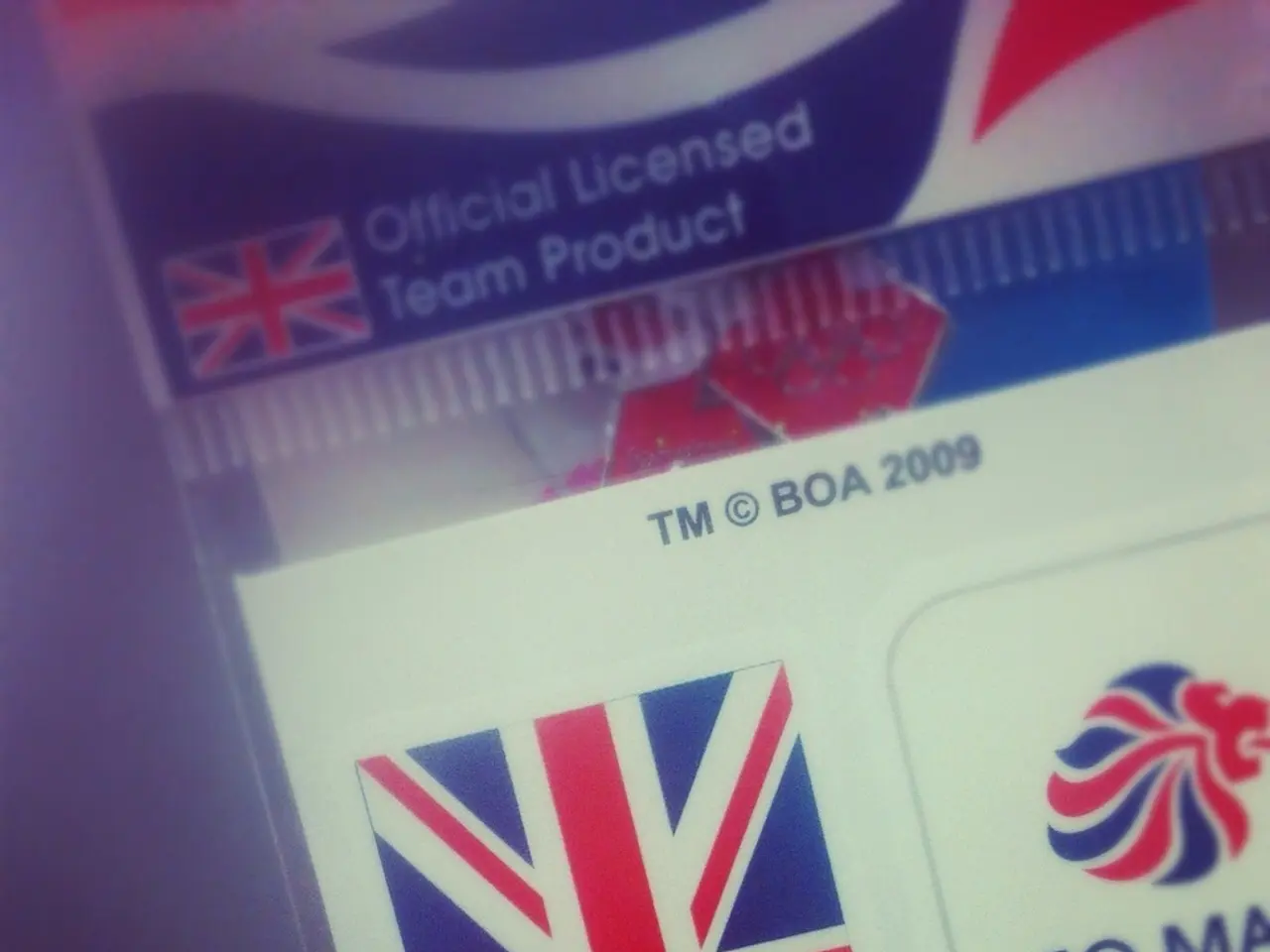Automaker Volkswagen has set limits on vehicle sales and profit objectives
In the ever-changing landscape of international trade, the automotive industry has been significantly impacted by tariffs and trade deals. As of 2025, the United States imposes a 25% tariff on most non-USMCA compliant vehicles and parts, including those imported from the European Union, Japan, and other countries. However, a new trade deal with Japan has reduced the tariff on Japanese vehicle and parts imports to 15%, conditional on Japanese investment of $550 billion in the U.S. [1]
This new tariff regime has had a notable effect on the Volkswagen Group, a leading global automaker. Due to increased U.S. import tariffs and restructuring measures, the company has reduced its 2025 sales and margin targets. Top executives, including CEO Oliver Blume and CFO Arno Antlitz, are discussing the possibility of accelerating cost-cutting measures. [2]
The second quarter of 2025 was particularly challenging for Volkswagen. With a 3% drop in group sales to €80.8 billion, the second-quarter operating profit fell 29.4% to €3.8 billion. The net cash flow in the automotive group also fell year-on-year to -€1.4 billion, due to factors including the deterioration in the operating result, M&A expenses, restructuring payments, and US import tariffs. [2]
One of the most significant costs related to the U.S. import tariffs was evident in the second quarter's special charges, which included €1.7 billion in costs related to the tariffs introduced in April. [2]
Despite these challenges, Volkswagen managed to hold its own in an extremely challenging environment. The success of new products, such as electric vehicles, was the foundation for this. Sales figures remained stable in a challenging global market environment, and the group managed to strengthen its leading position in electric mobility with a market share of 28% in Europe. [2]
However, the company is not out of the woods yet. Around 20,000 employees have agreed to take offers to leave, and by 2030, around 35,000 jobs are expected to be cut. [2]
CEO Oliver Blume is waiting for the result of negotiations between the U.S. government and EU Commission on tariffs before disclosing details about the tariff regime for Volkswagen. [2]
The company has revised its 2025 sales target to €324.7 billion, with an operating profit margin range of 4% to 5%. [2] The operating profit margin of 4.7% was slightly better than analysts had expected on average. [2]
The passenger car sector was particularly affected by higher tariffs and restructuring measures, as well as negative mix effects due to a higher proportion of lower-margin electric models. [2] As a result, the target for net cash flow in the automotive division has been reduced to €1 to €3 billion from €2 to €5 billion previously. [2]
In an effort to boost liquidity, Volkswagen is considering earnings from partner stakes in group companies and spinning off a smaller part of the ADMT robotaxi unit to accelerate development. [2]
Despite the challenges, Volkswagen shares surged by up to 4.1% to €99.90 after a softer stock market start. [2]
References: [1] Reuters. (2021, March 15). U.S., Japan agree to lower auto tariffs, target $70 billion in investments. Retrieved from https://www.reuters.com/business/autos-transportation/us-japan-agree-lower-auto-tariffs-target-70-billion-investments-2021-03-15/ [2] Reuters. (2021, August 4). Volkswagen Group cuts 2025 sales, margin targets due to tariffs, restructuring. Retrieved from https://www.reuters.com/business/autos-transportation/volkswagen-group-cuts-2025-sales-margin-targets-due-tariffs-restructuring-2021-08-04/ [3] Office of the United States Trade Representative. (n.d.). Automotive Industry. Retrieved from https://ustr.gov/issues-areas/regions/americas/north-america/us-mexico-canada-agreement/automotive-industry [4] Office of the United States Trade Representative. (n.d.). Automotive Industry - USMCA. Retrieved from https://ustr.gov/issues-areas/regions/americas/north-america/us-mexico-canada-agreement/automotive-industry/usmca
- The tariffs imposed by the United States on imported vehicles and parts have significantly impacted the finance and business decisions of global automakers, such as the Volkswagen Group, as evidenced by their adjustments in sales and margin targets.
- The finance sector, including the automotive industry and businesses, is closely monitoring negotiations between the U.S. government and EU Commission regarding tariffs, as the outcome could potentially have a marked effect on future imports and sales, particularly for automakers like Volkswagen.




